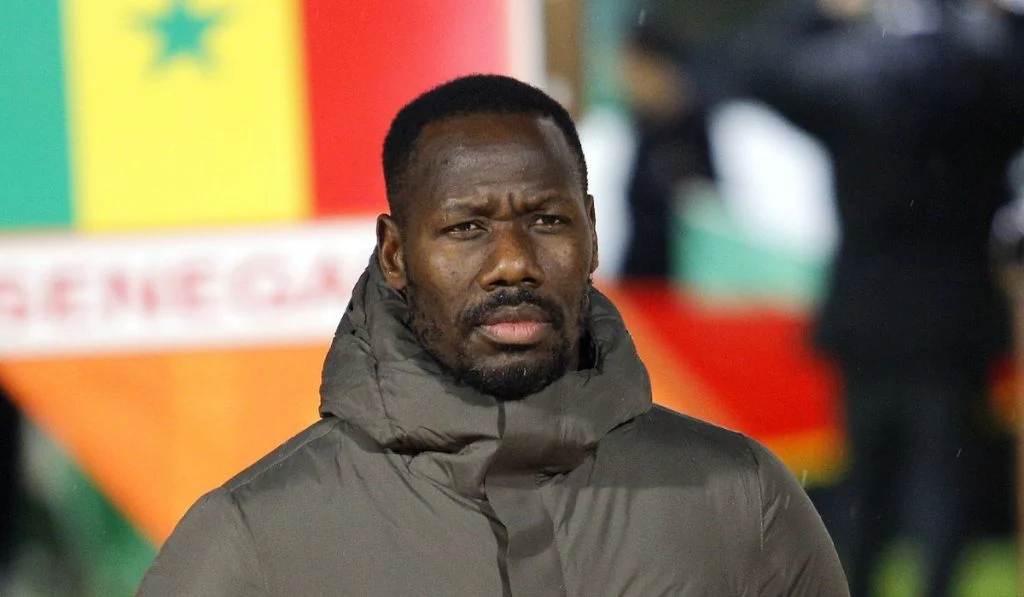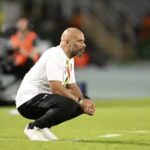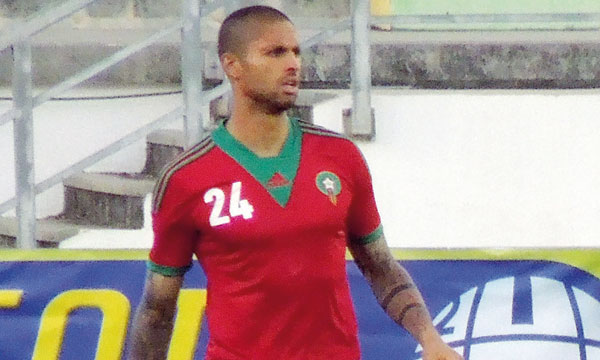Senegal’s national football team coach Pape Thiaw has officially taken charge with a significantly reduced salary compared to his predecessor, but with ambitious targets set by the Senegalese Football Federation (FSF).
Local media reports indicate that Thiaw will earn a monthly net salary of 13 million FCFA, coupled with a bonus of 200% of the players’ allocated amount in the event of a victory.
This figure is markedly lower than the 30 million FCFA per month received by former coach Aliou Cissé before his move to Libya.
Despite the financial downgrade, the FSF has placed high expectations on Thiaw, tasking him with winning the 2025 AFCON and securing Senegal’s qualification for the 2026 World Cup. His contract is set to run until the end of the World Cup qualifiers.
Financial Strategy or Sporting Decision?
The decision to appoint Thiaw on reduced terms has sparked debate. Some view it as a cost-saving measure by the FSF, while others see it as a strategic move to favour a homegrown coach.
Thiaw’s track record includes guiding Senegal’s local team to victory in the 2022 African Nations Championship (CHAN), a success that bolstered his credentials.
In contrast, Cissé, who led Senegal to their first-ever AFCON title in 2022, saw his salary double following his appointment by Libya.
The FSF’s decision to offer Thiaw significantly lower wages has led to speculation about the federation’s priorities.
Clear Targets, Immediate Pressure
While the financial aspect remains a talking point, Thiaw’s objectives are unequivocal. He is tasked with reclaiming the AFCON title in 2025 and steering Senegal to the 2026 World Cup. The upcoming international window will offer little respite, with two crucial qualifiers on the horizon:
- Senegal vs Sudan – March 22, 2025, in Libya
- Senegal vs Togo – March 25, 2025, in Dakar
The pressure on Thiaw is palpable, with performance bonuses tied strictly to the team’s results. His success or failure will ultimately determine whether the FSF’s decision is vindicated or questioned.
A Calculated Gamble
The FSF’s appointment of Thiaw represents a bold gamble. While the financial terms appear favourable to the federation, the sporting stakes are immense.
If Thiaw delivers on his mandate, the move will be seen as a masterstroke. However, any setback could prompt scrutiny of the FSF’s strategy and its commitment to maintaining the national team’s competitive edge.
As the new coach embarks on his journey, the coming months will reveal whether Senegal’s gamble on Pape Thiaw proves to be a prudent investment or a risky misstep.












